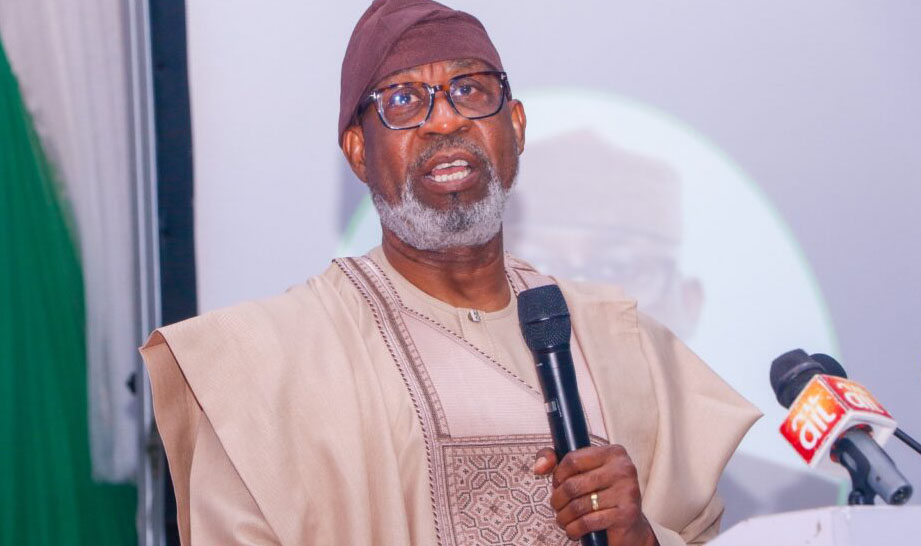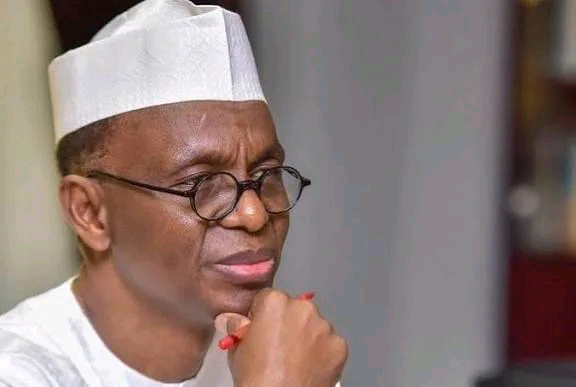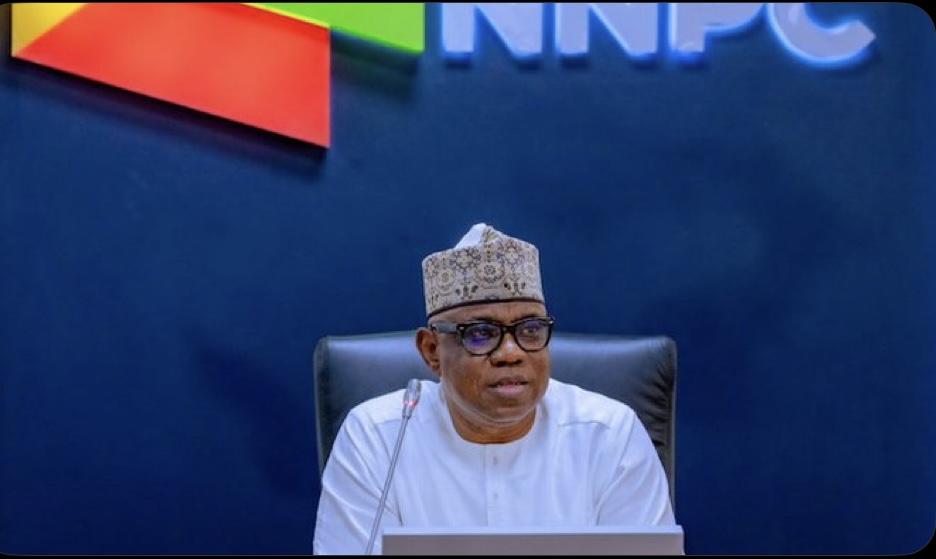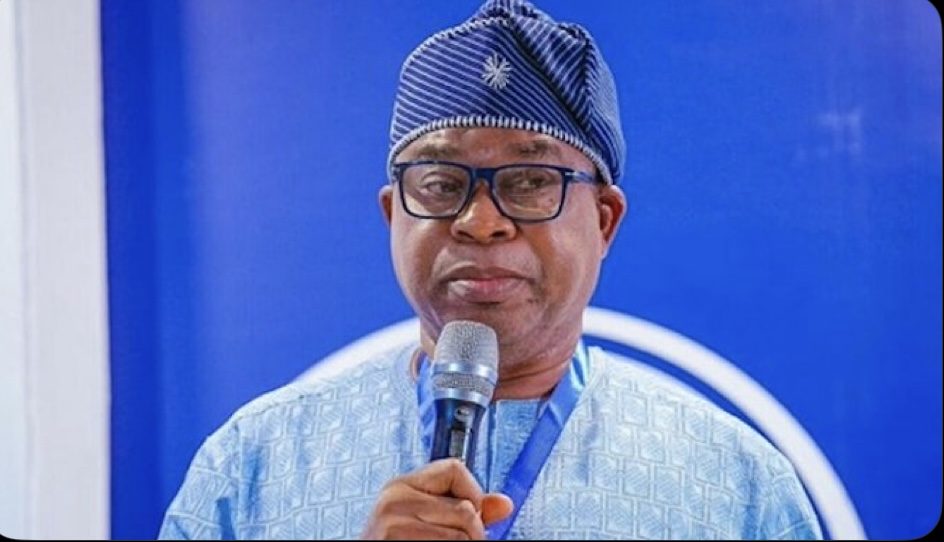Alake Revolutionizes Nigeria’s Solid Minerals Sector

The Nigerian solid minerals sector has witnessed a significant transformation in recent years, with the government’s efforts to revitalize the industry yielding impressive results.
The Minister of Solid Minerals, Dele Alake, has been instrumental in driving this growth, unveiling a seven-point agenda to guide his tour of duty at the ministry.
The agenda includes the creation of the Nigerian Solid Minerals Corporation, joint ventures with mining multinationals, and the establishment of six mineral processing centers to focus on value-added products.
One of the key drivers of the growth in the sector is the government’s focus on local processing. By ensuring that investors demonstrate a clear plan for local processing before being granted a mining license, the government is creating jobs and stimulating economic growth.
The results are already evident, with over $800 million in processing investments pouring into the sector last year alone.
A visit to the site of the $600 million lithium processing plant near Kaduna and Niger reveals a hive of activity, with workers busy constructing facilities that will not only process lithium but also create hundreds of jobs for local residents.
The plant’s manager noted that the project is not just about building a plant, but about building a community, with a commitment to sourcing raw materials from local miners and providing training and capacity-building programs for staff.
The government’s commitment to exploration is also yielding positive results, with only $2 million spent on mineral exploration before the current administration.
The sector was largely underdeveloped, but the government’s investment in exploration is expected to help discover new mineral deposits and provide the data needed to attract serious investors.
Nigeria’s leadership of the African Mineral Strategy Group, a bloc focused on local value addition and fairer mineral trade, is a testament to its commitment to responsible mining practices.
The Minister projected this year to be a record-breaking one for the sector, with the current budget allocating N1 trillion for mineral exploration, targeted at generating internationally certified geological data.
The government’s efforts are also having a positive impact on the global stage, with top global players, including UK, US, Saudi Arabia, and UAE officials, expressing interest in Nigeria’s lithium and other critical minerals.
The Minister noted that the former British Deputy Prime Minister personally invited him to Downing Street to discuss their interest in Nigerian lithium.
However, one of the key challenges facing the sector is infrastructure development. The government’s commitment to investing in infrastructure, such as roads, railways, and ports, is crucial to facilitating the transportation of mineral resources and promoting economic growth.
Stakeholders in the mining sector have also advocated for the removal of mineral resources from the Exclusive List to the Concurrent list in the 1999 Constitution, noting that such removal will present a healthy synergy between the state, host community, and investors.
This call was made during a one-day international conference themed, “Solid Minerals in Ebonyi State: The Government and the People,” held at Ebonyi State University, Abakaliki.
The conference, organized by the Ebonyi State Ministry of Solid Minerals in partnership with the Ebonyi State University and Ike Elechi Foundation, focused on research, data management, and exploration of the state’s rich mineral resources. Governor Francis Nwifuru noted that the state is blessed with numerous mineral deposits, but since mineral resources fall under the federal exclusive list, the Federal Government has a responsibility to compensate host communities impacted by mining activities.
As the sector continues to grow, it is expected that the government will address emerging challenges and opportunities, including infrastructure development and the removal of mineral resources from the Exclusive List.
The revitalization of Nigeria’s solid minerals sector is a story of hope and transformation, with the government’s commitment to reform and development yielding impressive results, and the future looking bright.









